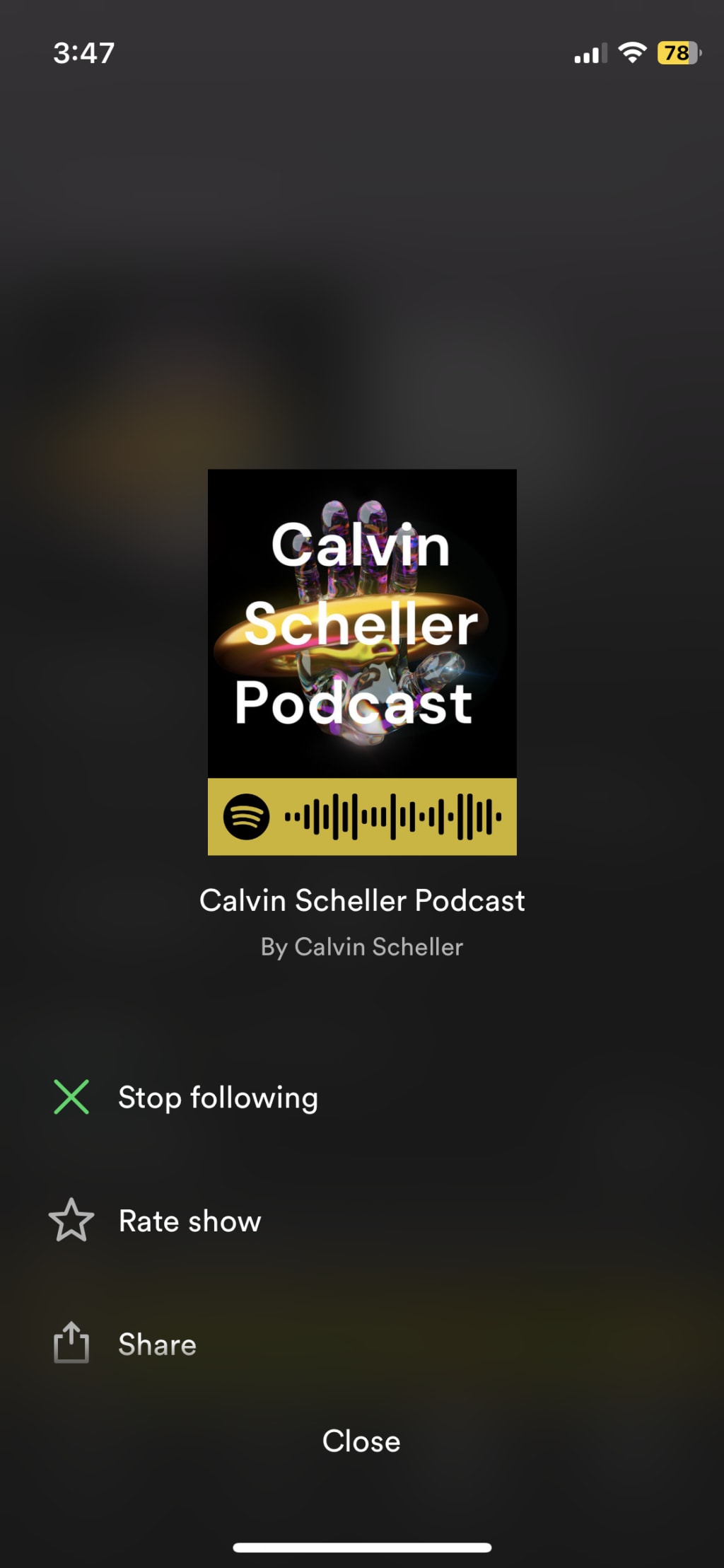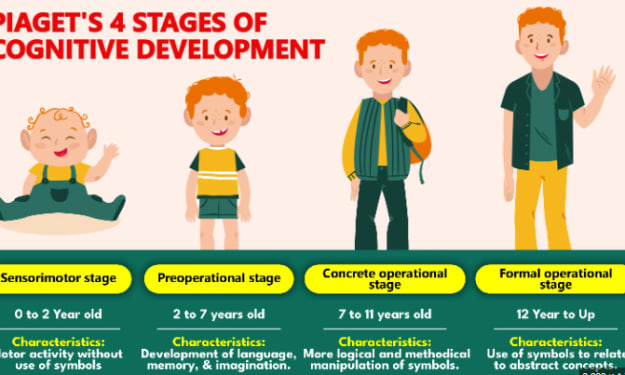Anti-inflammatory steroids
Killing your gains?

Anti-inflammatories and your muscle
In order to grow muscle, we need to stress a muscle more than it is currently adapted to handle, which will produce a degree of inflammation. It is this inflammation that is used as the initial signal that the muscle needs to be repaired. And, if there is sufficient material (amino acids mostly) then we will increase the size of the muscle, which could come in the form of larger muscle cells (Hypertrophy) or cellular division that increase the number of muscle cells (Hyperplasia). The inflammation induced by training is important for the repair to continue. Anti-inflammatories, as the name implies, will reduce the inflammation, and inhibit the signal. These compounds reduce the signal for the body to adapt and enlarge the muscle, and muscle growth is handicapped.
Does that mean you should never use anti-inflammatories?
Not necessarily. In a study on older adults, acetaminophen actually benefited muscle growth in older patients (Trappe, T. A. 2011). However, in a study on younger individuals, the use of ibuprofen and other anti-inflammatories decreased muscle growth (Lilja, M et al. 2018). While it has not been 100% proven, the likely mechanism is the degree of inflammation. With too much inflammation and not enough substrate for repair, the body does not have the capacity to recover AND grow.
Conversely, if we inhibit all inflammation… there is nothing to recover from. For the same reason, we can not expect to maximally grow muscle if we overtrain or undertrain, one cant maximally grow muscle if we have too much or too little inflammation. In the aforementioned elderly study, the participant likely benefited because training caused more inflammation than they could adapt to, and the anti-inflammatories brought them down to the “sweet spot” for muscle growth. In the study on healthy men and women, the training probably caused a healthy level of inflammation, and the anti-inflammatories brought the inflammation down so much that they had no stimulus to adapt.
In order to maximally grow muscle, there needs to be some sort of stress in the muscle. While it's not always pleasant, soreness is a strong indicator that there is inflammation in the muscle. When the soreness goes away, it's a strong indicator we have at the very least neutralize the inflammation. And if the muscle gets bigger, we probably added some additional muscle size in the process. Chronic soreness and inflammation in the same area likely mean we are not sufficiently recovering, and we are not focused on growing the muscle larger, we are focused on recovering it back to what it was. If you are NEVER sore, there is a chance you are an individual who does not perceive soreness very strongly, hoover there is a good chance you are not exposing the muscle to enough stress to induce muscle tissue accumulation.
Let's say you DRASTICALLY overtrain. Maybe a single dose of an anti-inflammatory can actually get you into that “sweet spot” you need to grow muscle. That, and the above scenario with elderly patients, are some of the only uses for anti-inflammatories I can think of for the purpose of muscle growth.
Maybe you are looking for performance, such as the day of competition, anti-inflammatories can be used to reduce all inflammation, so you can display the progress you have made in the past. You aren’t expecting to grow muscle from the competition, so it doesn't matter if you get the inflammatory signal after, and you probably aren’t concerned with the adaptations that could come from the competition day. Anti-inflammatories have some benefits, and some positives, it just depends on your situation, and your goals.





Comments
There are no comments for this story
Be the first to respond and start the conversation.